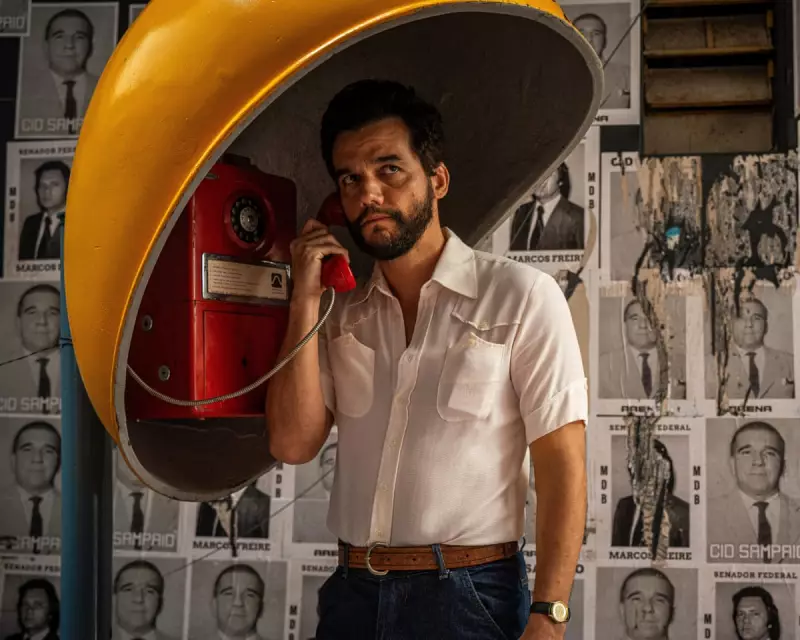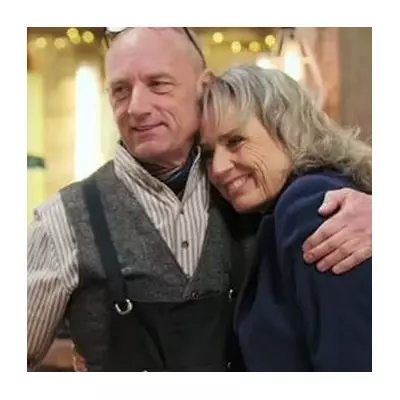
Brazil's celebrated filmmaker Kleber Mendonça Filha, whose previous work Bacurau stunned audiences at Cannes, has returned with a searing indictment of Jair Bolsonaro's presidency and the systematic erasure of cultural memory during his administration.
The Battle Against Cultural Erasure
In his latest cinematic work, Mendonça Filha exposes what he describes as "organised political amnesia" - a deliberate strategy by the Bolsonaro government to suppress artistic expression and rewrite Brazil's collective memory. The film documents how cultural institutions faced unprecedented censorship and funding cuts during this turbulent period.
From International Acclaim to Political Target
Following his Cannes victory, the director found himself squarely in the crosshairs of Bolsonaro's cultural war. "We witnessed a systematic attempt to dismantle decades of cultural development," Mendonça Filha reveals. "It wasn't just about cutting funds; it was about erasing narratives that didn't fit their political project."
A Cinematic Resistance Movement
The new film serves as both documentation and resistance, capturing how Brazil's artistic community organised against government suppression. Mendonça Filha's work demonstrates how cinema became a crucial battleground for preserving democratic values during one of Brazil's most politically charged eras.
Key revelations in the film include:
- Previously unseen documentation of government interference in cultural projects
- Testimonies from artists who faced direct political pressure
- Analysis of how historical narratives were manipulated for political gain
- The resilience of Brazil's film industry despite systematic defunding
The Legacy of Political Censorship
Mendonça Filha argues that the effects of this "organised forgetting" extend far beyond the cultural sphere. "When you control memory, you control the future," he states. "This film is our attempt to ensure that what happened isn't conveniently forgotten when politically expedient."
The director's courageous stance has positioned him as not just an award-winning filmmaker, but as a vital chronicler of democratic resilience in the face of authoritarian tendencies.





